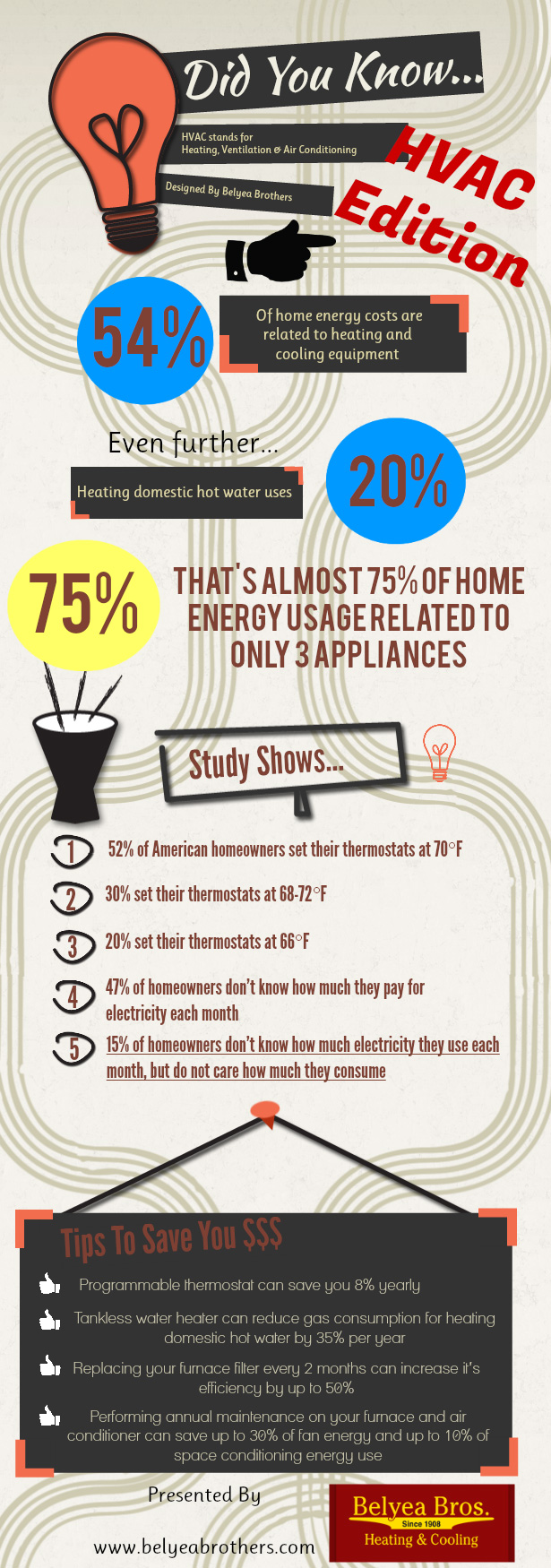Heat Pump Vs Furnace - Which Is The Better Heating Choice For Your Home?
Heat Pump Vs Furnace - Which Is The Better Heating Choice For Your Home?
Blog Article
Authored By-Austin Neumann
Numerous property owners are familiar with furnaces, which warmth homes with oil or gas and push hot air via ductwork. They are reasonably affordable and can supply trusted heating even during a winter power blackout.
Nevertheless, they use nonrenewable fuel sources and create carbon monoxide gas and various other air contamination. They also aren't as energy-efficient as a high-efficiency heatpump.
Expense
Typically, heat pumps are a lot more cost effective to run than heaters. They typically utilize power and refrigerant to remove heat from exterior air, and after that transfer it right into your home. You can make the most of less expensive power prices during off-peak hours to further lower your home heating expenses.
Unlike heatpump, gas or wood-burning heating systems make use of combustion to create heat, giving off flue gases right into the ambience that can be harmful to your health. These heating systems are also less energy-efficient than heatpump, and their higher operating expense can build up over time.
Heaters are more difficult than heatpump and need regular maintenance to guarantee the correct feature of all components. Despite this, they have a tendency to last longer than heatpump with a typical life expectancy of 20 years or more. However, you'll require to consider the cost of gas, gas oil or wood and the additional devices required for installation and procedure such as ducts and ventilation systems.
Power Performance
Heatpump have a higher power performance ranking than furnaces. These systems make use of electrical energy to scavenge heat from the air, even in freezing temperature levels. They can additionally get rid of excess warm from the home during warmer months and reuse it to cool down the system. Carrier professionals can help you determine the very best version for your home based on climate and source energy expenses.
Heaters burn gas oil, propane, natural gas or various other types of fossil fuel to heat up the air in the home. This air is then dispersed through ductwork utilizing a huge follower. Heating systems produce greenhouse gases and need normal upkeep and tools upgrades to make sure risk-free procedure.
The biggest advantage of a heater is that it can be run even in severe winter season conditions since it does not depend on outside temperature levels to heat the air. Heating systems likewise have a longer life expectancy than heat pumps and normally last 15 years. They can likewise be coupled with twin fuel choices, which pick one of the most reliable home heating choice based upon the weather.
Environment
Heat pumps function well in modest environments and make use of much less resource energy than heating systems. Nonetheless, if your area is remarkably cool, you might need to invest in a conventional gas heating system instead.
Heating systems offer warm, cozy warm and generally offer quick heating to elevate interior temperature levels. These systems can be used with a variety of fuel types, consisting of natural gas, lp, oil or electrical energy.
They take in more power than heat pumps-- as much as 3x as much-- and need ductwork that's pricey to set up or retrofit. They're also a lot more costly to maintain, as they can cause air top quality issues and create greenhouse gas discharges.
If you're committed to minimizing your carbon impact, a heatpump is a great choice for your home. They have less greenhouse gas emissions than furnaces, specifically if you choose a power CELEBRITY ® heat pump. Your local Carrier specialist can describe the distinctions in between these two heating systems and help you make the most effective decision for your special demands.
Personal Preferences
Heaters can be really energy effective when powered by natural gas, propane or oil, but they aren't as energy reliable as heat pumps in freezing climates. They can additionally be extra expensive to set up, calling for gas lines and air flow systems.
Nevertheless, heaters have a tendency to call for much less maintenance, which can result in reduced ongoing costs. https://www.achrnews.com/articles/142476-why-air-conditioning-systems-freeze-and-how-to-fix-them create less greenhouse gases and are more reputable than heatpump during severe climate.
official website are a lot more functional in developing interior comfort due to the fact that they can likewise function as air conditioners during warmer months. They can be more convenient to preserve, calling for just routine air filter modifications and occasional vacuuming.
If you prefer the convenience of a solitary system that does it all, take into consideration a hybrid heating option that sets a furnace with an electrical heat pump. These systems can automatically switch between both heating options based upon your home's needs and temperature problems, maximizing performance and savings.